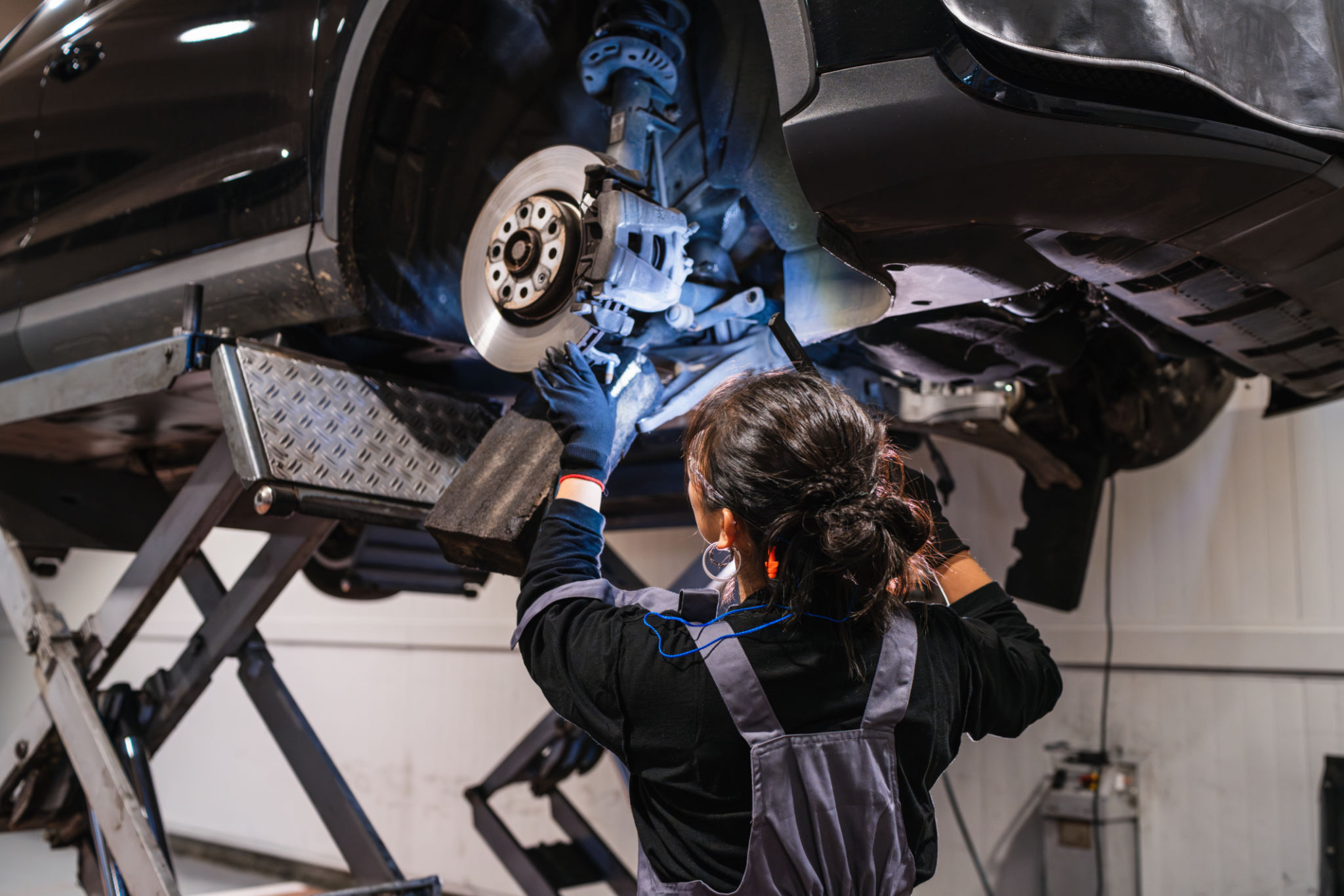Seasonal Vehicle Recovery Tips for Winter Driving in the UK
Understanding the Challenges of Winter Driving
Driving in winter can be a daunting task, especially in the UK where weather conditions can be unpredictable. Snow, ice, and fog are common challenges that drivers face, making it essential to be well-prepared. Vehicle recovery becomes a significant concern during this season, and knowing the right steps to take can make all the difference.
Before setting out on any journey, it's crucial to check weather forecasts and road conditions. This information can help you plan your route and avoid areas known for severe weather. Keeping an emergency kit in your car is also a wise precaution.

Preparing Your Vehicle for Winter
Proper vehicle maintenance is essential to ensure safe driving during winter. Start by checking your vehicle's battery, as cold weather can reduce its efficiency. Ensure that your tires are suitable for winter conditions by checking their tread depth and considering switching to winter tires if necessary.
Additionally, make sure your vehicle's antifreeze levels are adequate and that your windshield wipers are in good condition. Having a clear view of the road is vital, so keep your windshield washer fluid topped up with a solution that can handle low temperatures.

Emergency Kit Essentials
An emergency kit can be a lifesaver if you find yourself stranded in harsh winter conditions. Some essential items to include are:
- Blankets and warm clothing
- Non-perishable food and water
- A flashlight with extra batteries
- A first-aid kit
- Jump leads
- A shovel and ice scraper
Having these items on hand can make waiting for recovery services more comfortable and safer.
Driving Techniques for Winter Conditions
Adapting your driving style to suit winter conditions is crucial. Always drive at a reduced speed, as stopping distances can increase significantly on icy roads. Use higher gears to maintain control and avoid sudden movements that could cause skidding.
When approaching bends or junctions, reduce your speed well in advance. Applying brakes gently and steering smoothly can help prevent loss of control. Remember that bridges and shaded areas can be more prone to ice, so approach them with caution.

Handling Skids and Emergencies
If your vehicle starts to skid, try to remain calm. Steer gently into the direction of the skid and avoid braking suddenly. Lifting off the accelerator can help you regain control. In case of an emergency, such as getting stuck in snow, use the shovel from your emergency kit to clear around your tires.
If you cannot free your vehicle, it may be time to call for professional recovery services. Ensure that you have contact numbers for local recovery companies saved in your phone before setting out on any journey.
The Importance of Regular Vehicle Checks
Regular checks throughout the winter months can prevent many potential issues. Keep an eye on tire pressure, as it can drop in cold weather, affecting handling and fuel efficiency. Regularly inspect lights to ensure they are functioning correctly, as visibility is often reduced during winter.

Finally, keeping your vehicle clean can prevent salt and grime build-up, which can lead to corrosion. Regularly wash your car, paying particular attention to the undercarriage.
By following these seasonal vehicle recovery tips, you’ll be better prepared for winter driving conditions in the UK. Stay safe and enjoy the beauty of winter from behind the wheel.